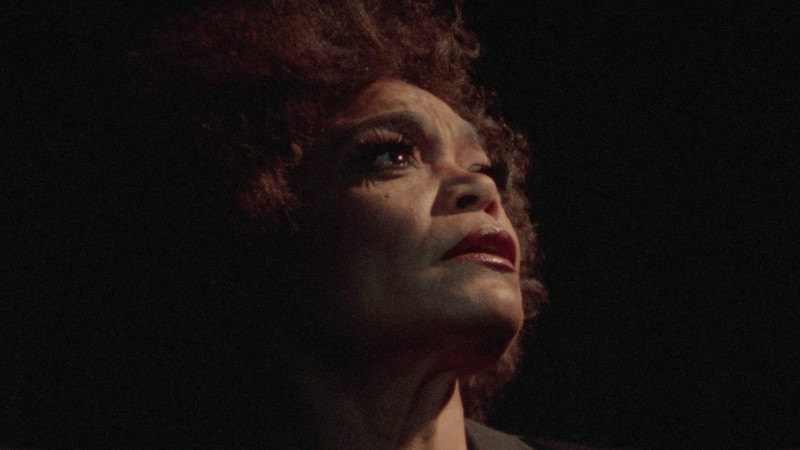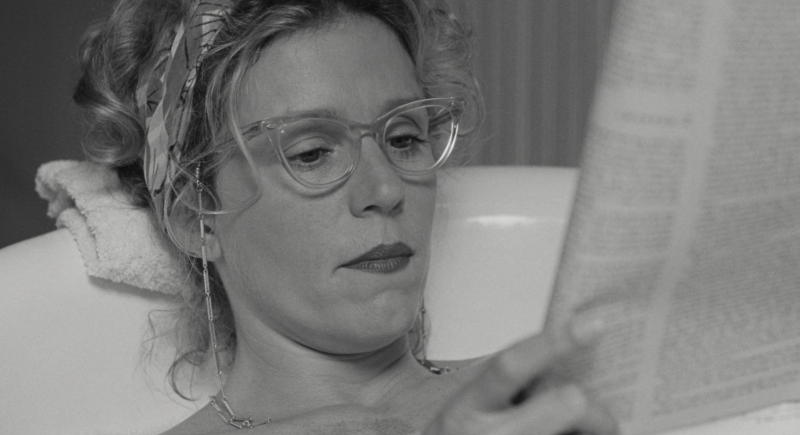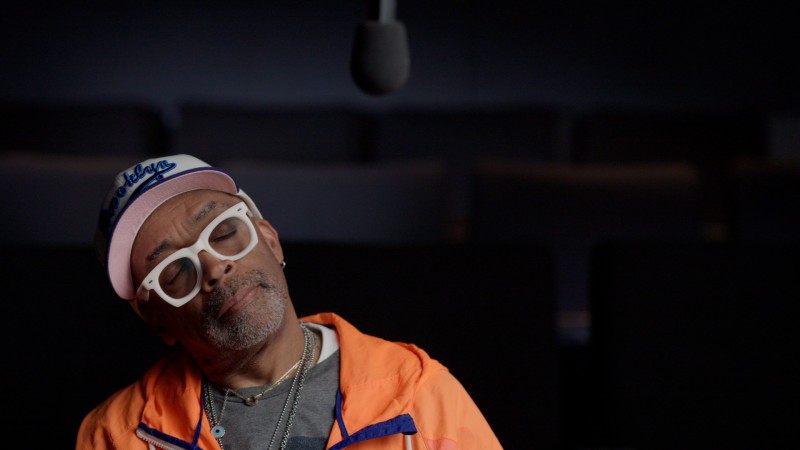The Shortest Way to the Truth: Kiarostami Remembered

I first met Abbas Kiarostami when he screened his early feature The Report (1977) in Tehran. Thinking back on this work, I realize it anticipates the dark and disturbing view of romantic relationships that he would revisit—with less intensity but comparable despair and ambiguity—in his final films, Certified Copy (2010) and Like Someone in Love (2012). But my impression of him in those years was not that of the anguished auteur this film might have led me to expect. During the revolution of 1979 and the beginning of the Iran–Iraq War, I had a few scattered encounters with him in the hallways of Kanoon, also known as the Institute for the Intellectual Development of Children and Young Adults, where he was then working and where I was trying to resolve some production issues on my own film. He always wore a sweet, carefree smile, and unlike some other filmmakers of the period, he looked serene, friendly, approachable.
During the years after the revolution, when cinema was under intense scrutiny and there was a great demand for political films, many of Kiarostami’s contemporaries were leaving the country, but he stayed in Iran making his own subtle brand of philosophical and humanist cinema. Though we had been acquainted since the 1970s, our one-on-one conversations did not begin until after I had moved to the U.S. and had a chance to interview him at the 1992 Toronto Film Festival, which was presenting a selection of eighteen Iranian works that included his films Where Is the Friend’s Home? (1987), Close-up (1990), and Life, and Nothing More . . . (1992). He shared stories about his production process, and I was surprised to learn that Close-up was shot so quickly, in about forty days, and that despite its echoes of Jacques Tati’s zigzag roads and Roberto Rossellini’s documentary style, he had not been influenced by either of those filmmakers. During that festival, I also encouraged my friend, film critic Jonathan Rosenbaum (who would soon become one of Kiarostami’s most passionate champions), to view his work. Our initial discussions ultimately grew into the book we wrote together on Kiarostami, published in 2003.
Over the next two decades, I was lucky enough to have several formal and informal meetings with Kiarostami in Tehran, as well as in Europe and the U.S. I was his host when he came to Chicago for the promotion of his Cannes Palme d’Or winner, Taste of Cherry, and while serving as his interpreter for press interviews, I learned what an engaging and inspiring presence he was. In 2010, I got the chance to discuss Kiarostami with Jonathan again when we recorded our audio commentary for Criterion’s release of Close-up. And while I’m deeply inspired by all of the master’s work, it is this film in particular that continues to leave me awestruck. A profound influence on a generation of Iranian filmmakers, many of whom have taken up its theme of cinema’s relationship to audiences, Close-up stands as a testament to Kiarostami’s belief that the shortest way to the truth is a lie. This exploration of the deceptive power of the movies in people’s lives centers on an insightful portrait of Hossein Sabzian, an impoverished man who impersonated the famous filmmaker Mohsen Makhmalbaf in real life. Inflected with Kiarostami’s unique sense of humor, the story unfolds in an elliptical structure that challenges our expectations and critiques cinema’s ability to draw viewers into their own delusions.
Not only was Kiarostami fascinated by the misleading role of the media, he was also aware of his participation in it, and his 1999 film The Wind Will Carry Us finds him at his most self-questioning. His influence can be felt throughout contemporary Iranian cinema, in its move toward realist, slice-of-life stories, its focus on ordinary people, and its mix of documentary and fiction. But just as important is the sheer beauty of his films, their knack for revealing the souls of his nonprofessional actors and Iran’s magnificent landscapes. Despite their minimalism, his films are somehow both deceptively simple and highly philosophical, playful and despairing at the same time, drawing profundity from their multitude of contradictions.







